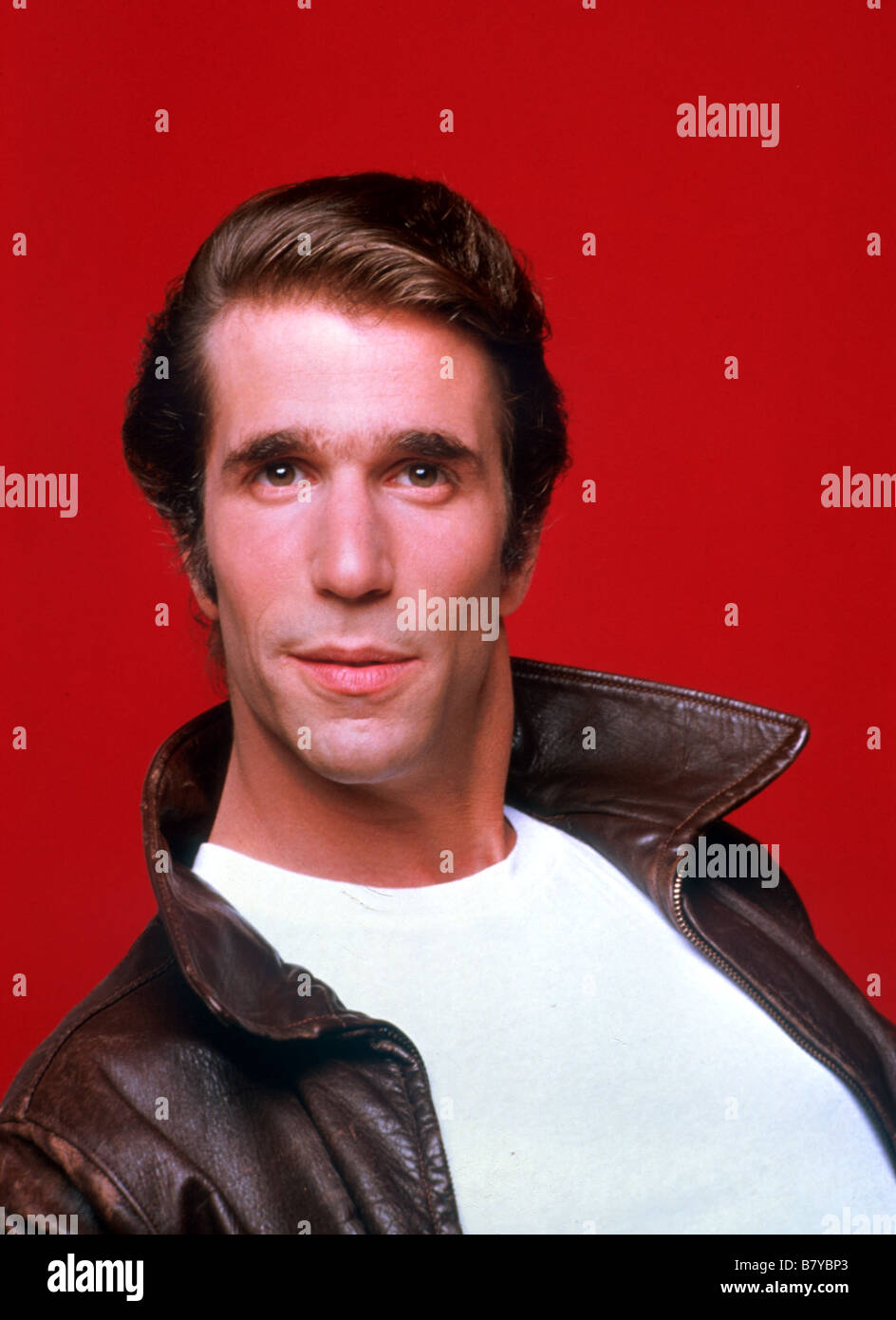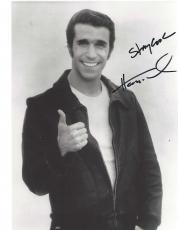Henry Winkler New Tv Series

Henry Winkler, George Foreman, William Shatner and Terry Bradshaw head to Asia for semi-scripted amusement in NBC's adventure reality series. If you're like me, you watched a lot of NBC's Olympics coverage, grumbling all the way about Bob Costas' diminishing interview skills, Al Trautwig's sexism and Team USA basketball's lack of a distributing point guard.
Watch the full season on NBC.com. Henry Winkler. Epic adventure on Better Late Than Never. 'Better Late Than Never' was the #1 new series in the summer of.

And if you're like me, you saw a lot of commercials for Better Late Than Never without quite figuring out what the series was supposed to be or who it was actually supposed to be for. And if you're like me, you had to weather a night of Adobe Flash issues before being able to watch a screener for the show ahead of its premiere.
If you're not like me on the latter count, allow me to tell you what Better Late Than Never is, even if my answer for whether or not you should bother watching it yourself isn't more than an unenthusiastic, 'Shrug, but it was less offensive than I worried it might be.' Actually, I can't tell you exactly what Better Late Than Never is, not at its core. The gimmick begins with Henry Winkler declaring 'I've got a great idea.' And subsequently getting on the phone to three of his friends — George Foreman, Terry Bradshaw and William Shatner.
He tells them, 'We've worked hard all our lives and I think we deserve a little fun.' He then spins a globe and lands nebulously on Asia as a destination.
Deciding they need one more person, Winkler calls comedian Jeffrey Dye, whom he describes as 'that guy who always calls me for work.' Before you can say 'Delta product placement,' they're all flying to Tokyo, where they begin a four-country, six-city, 30-day jaunt around Asia, having a once-in-a-lifetime experience before it's too late. Granted, nobody is going to watch Better Late Than Never thinking it's a docuseries or classifying it as reality television, just as nobody's going to believe that Winkler randomly coordinated travel for lifelong buddies Foreman, Bradshaw and Shatner based on the spin of a globe or that Winkler remembered and invited Dye along because of past job solicitations. But the question of where reality ends and scripted television begins in Better Late Than Never is one on which I can't begin to speculate. Are these four men actually friends? I have no clue.
They make no reference to any shared history or experiences together. In confessional segments, Shatner and Winkler talk together and have an easygoing chemistry, Bradshaw is by himself and Foreman I don't think does any confessional interviews, which mirrors the sandwich grill maestro's easygoing attitude within the show. Is Dye there just to provide generational contrast and occasional improvisational zingers? Is he a glorified travel coordinator, as Winkler seems to imply? Or is he hosting and instigating general mischief, as he himself seems to imply?
It's one thing to know that this spontaneous vacation for men ranging in age between 67 and 85 is based on a South Korean format, so its spontaneity is limited. But with three credited writers, including Emmy winner Carol Leifer and Jackass veteran Paul Greenberg, and prolific scripted and unscripted director Troy Miller ( Arrested Development), I can't begin to tell you whether anything that happens in the one episode I've seen was actually off-book. It's not an Anthony Bourdain travel show, but is Better Late Than Never just a fully scripted Grumpy Old Men Go to Japan? I'm guessing that it was more the latter than the former, but it feels more like the former than the latter. Better Late Than Never begins with a worrisome voiceover intoning 'Asia. Quick Macros 2.4 Crack.
Land of exotic beauty,' threatening an almost colonialistic view of the continent. But in a world of Orientalist TV stereotyping that inflicted two seasons of I Survived a Japanese Game Show on us (I actually liked the first season), this show's worst offense is that it's simply prone to easy cultural cliches. In the first episode, the gang stays at a capsule hotel, visits and is horrified by a yakitori restaurant, sings karaoke and participates in some wacky hijinks on a Japanese morning show. Is it a fetishization of modern Japanese life? Is it a fetishization of modern Japanese life in which actual Japanese people are almost entirely absent other than Randomly Naked Guy at Hotel and Woman Who Explains They're Eating Chicken Vaginas?





